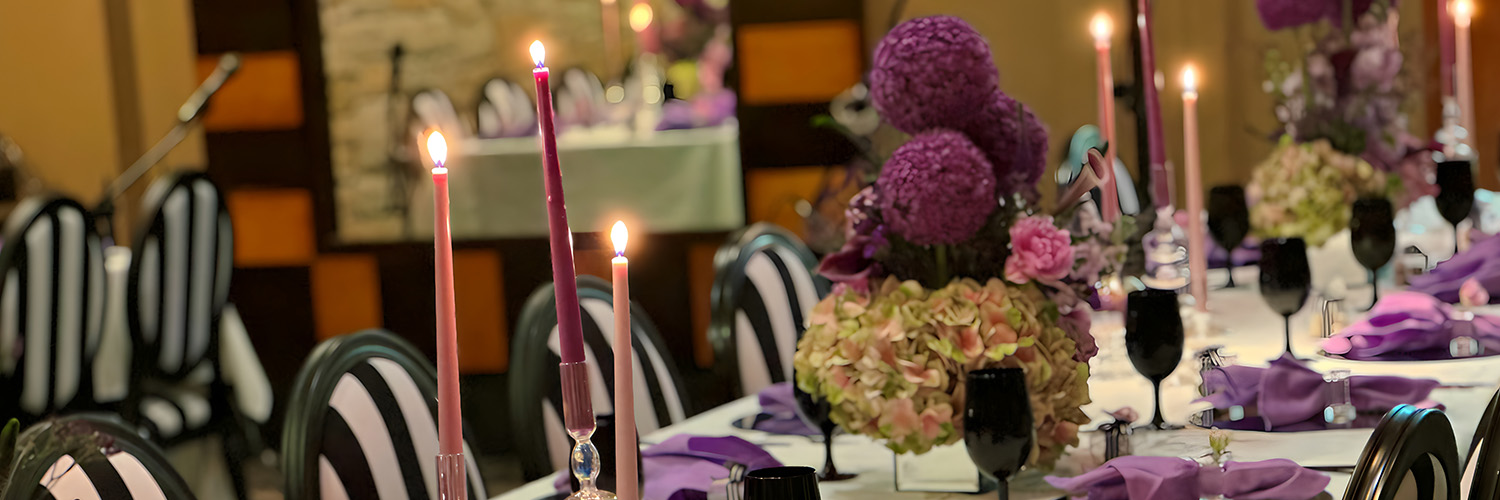Be an Epicenter for Your Customers and Followers
Do not underestimate the power of events for your business. Statistics tell a bullet-proof story about event marketing, such as those from Sweap, a German efficiency-based event marketing company.
* 89% of event marketers say that events are crucial for company goals.
* Social media platforms are the most popular or effective in event marketing, followed by email marketing and then personal invitations.
* 19% of event marketers do not carry the data that would yield how successful an event was, and 18% share that they do not carry or do not know the appropriate tools for assessing or measuring the success of their events.
* 60% of executives surveyed believe that events are the most valuable channel for marketing for reaching their corporate goals.
* 52% of CEOs believe that event marketing delivers a higher ROI than any other marketing channel.
Event Marketing: How to Create Unforgettable Experiences that Drive Results
Event marketing is one of the most powerful tools in a brand’s marketing arsenal. Whether you’re launching a new product, celebrating a milestone, or trying to build deeper connections with your attendants, hosting events allows you to create luxurious, elegant, memorable experiences. These can “elevate” your brand, lead to increasing engagement, and ultimately reach your business goals.
In a world where digitization permeates people’s lives and digital marketing has become the norm, the personal and immersive nature of events offers unmatched value in emotional connection and actual interaction. At the same time, planning, executing, and promoting events strategically is vital to a great brand and company. In this blog post, we explore the principles of event marketing and offer actionable tips for creating events that resonate with your audience.
What is Event Marketing?
Event marketing is the strategy of planning, organizing, promoting, and executing an event with the goal of achieving specific business outcomes. These events could range from small-scale networking gatherings to large conferences, trade shows, product launches, or experiential pop-ups.
At its core, event marketing is about creating an engaging experience that brings people together and aligns with your brand’s message. It’s not just about throwing an event and hoping people show up—it’s about crafting an experience that resonates with your target audience, encourages engagement, and drives your business objectives.
Why Event Marketing is Important
- It Helps Create Personal Connections
One of the advantages of event marketing is its ability to foster personal connections. Unlike digital advertisements or social media posts, in-person events enable you to engage with your audience face-to-face, creating real, lasting relationships. This builds trust and loyalty, which can result in long-term customer retention.
2. Drives Brand Awareness
Events provide an opportunity to increase brand visibility in a way that online campaigns sometimes can’t. Through well-executed event marketing strategies, you can generate buzz, get media coverage, and ensure that your brand leaves a lasting impression on everyone involved. Whether it’s a public event or a private VIP experience, being able to showcase your brand’s personality, values, and products in an interactive setting makes a powerful impact.
3. Increases Engagement
Events are an excellent way to encourage active participation and deeper engagement with your audience. Whether it’s through live demonstrations, interactive sessions, or networking opportunities, attendees are more likely to remember and engage with your brand when they’ve experienced it in person. Events also encourage conversations, feedback, and a sense of community—all of which contribute to better customer relationships and insights.
4. Generates Leads & Sales
Ultimately, event marketing is a way to drive tangible business outcomes. Events can be an excellent lead-generation tool, whether through registration forms, follow-up communications, or sales made at the event itself. For example, a product demo or free trial at a trade show can directly result in leads and sales. By giving attendees the opportunity to experience your product or service firsthand, you create a sense of urgency and excitement that leads to conversions.
5. Creates Memorable Experiences
The value of an event isn’t just in the information it conveys, but in the experience it creates. A memorable event can leave a lasting impression and inspire attendees to take action—whether it’s purchasing your product, joining your brand community, or sharing their experience on social media. The emotional connection formed during an event can be far more powerful than anything a digital ad or commercial could achieve.
Key Steps for a Successful Event Marketing Strategy
To truly maximize the impact of event marketing, you need a well-thought-out strategy. Below are key steps to ensure your event marketing efforts are effective:
- Define Your Goals and Objectives
Before you even start planning an event, it’s essential to have a clear understanding of what you want to achieve. Are you looking to increase brand awareness? Generate leads? Launch a product? Build relationships with existing clients?
Having specific, measurable goals will guide every other aspect of your event marketing strategy, from your event concept to how you measure success.
- Understand Your Target Audience
Your event must resonate with your attendants. Are they expecting or want to network , hands-on demonstrations, entertainment? Personalize your event to align with your audience’s expectations and backgrounds.
You should also consider the timing and location of the event—when and where will your target audience be most likely to attend? If you’re targeting busy professionals, for example, a virtual event or a shorter, high-impact session may be a better fit than a full-day conference.
- Create a Unique, Bespoke Theme and Message
Your event’s theme and message should reinforce your brand and what you want to convey. A strong, consistent theme helps make your event memorable and sets the tone for all marketing collateral and promotions.
Deeply consider how you want your attendants to feel or react when they attend your event. Should the event be inspiring, educational, celebratory, or casual? The theme and message should guide every aspect of the event, from the decor and speakers to the social media posts and follow-up communication.
- Promote the Event
- Engage Attendees During the Event
The event experience should be immersive, interactive, and engaging. Find ways to engage and involve the audience, meaning beyond simply sitting through speeches or presentations. Examples are:
- Interactive sessions: Live Q&As, panel discussions, or audience polls.
- Networking opportunities:
- Gamification: Incorporate games, competitions, or challenges to make the event more engaging.
- Hands-on experiences: Let attendees interact with your product or service directly.
Ensure your event provides added value, entertains your attendants, and gives them a reason to participate beyond simply sitting and listening.
- Follow Up After the Event
The work doesn’t stop when the event is over. The list of attendants you get are a great opportunity for you to expand your brand and presence. In fact, some of the most important steps in event marketing take place after the event has ended.
Follow-up with attendees by thank-you emails, sharing event highlights, providing any resources or material you promised, and offering promotions or calls-to-action. If you collected leads or contact information, ensure you nurture those relationships through targeted outreach, whether it is through email, phone calls, or other marketing channels.
- Measure Your Results
Finally, assess the success of your event by measuring your results against the goals you set in the beginning. Key performance indicators (KPIs) can include:
- Attendance numbers:
- Engagement levels
- Lead generation
- Sales or conversions
The insights you gain from these measurements will help improve your future events and make your overall event marketing strategy more effective.
Making Your Event Marketing Shine
Event marketing is an invaluable way to engage with your audience, build your brand, and drive results. With an experienced event marketing company, events create unforgettable experiences that leave lasting impressions and foster meaningful connections. Understanding your audience, crafting immersion experiences, and promoting your event strategically, you can ensure that your event becomes a powerful tool in your overall marketing strategy.
In a world that’s increasingly driven by digital interactions, event marketing offers a refreshing and powerful way to engage with people on a personal, emotional level. It’s not simply about gathering people in a hotel ballroom—it is about creating experiences that resonate, inspire, and drive action. So, whether you’re hosting an intimate gathering or a massive conference, remember that the event experience is what makes the difference!
White Misk is here to help! Contact us for a conversation.










